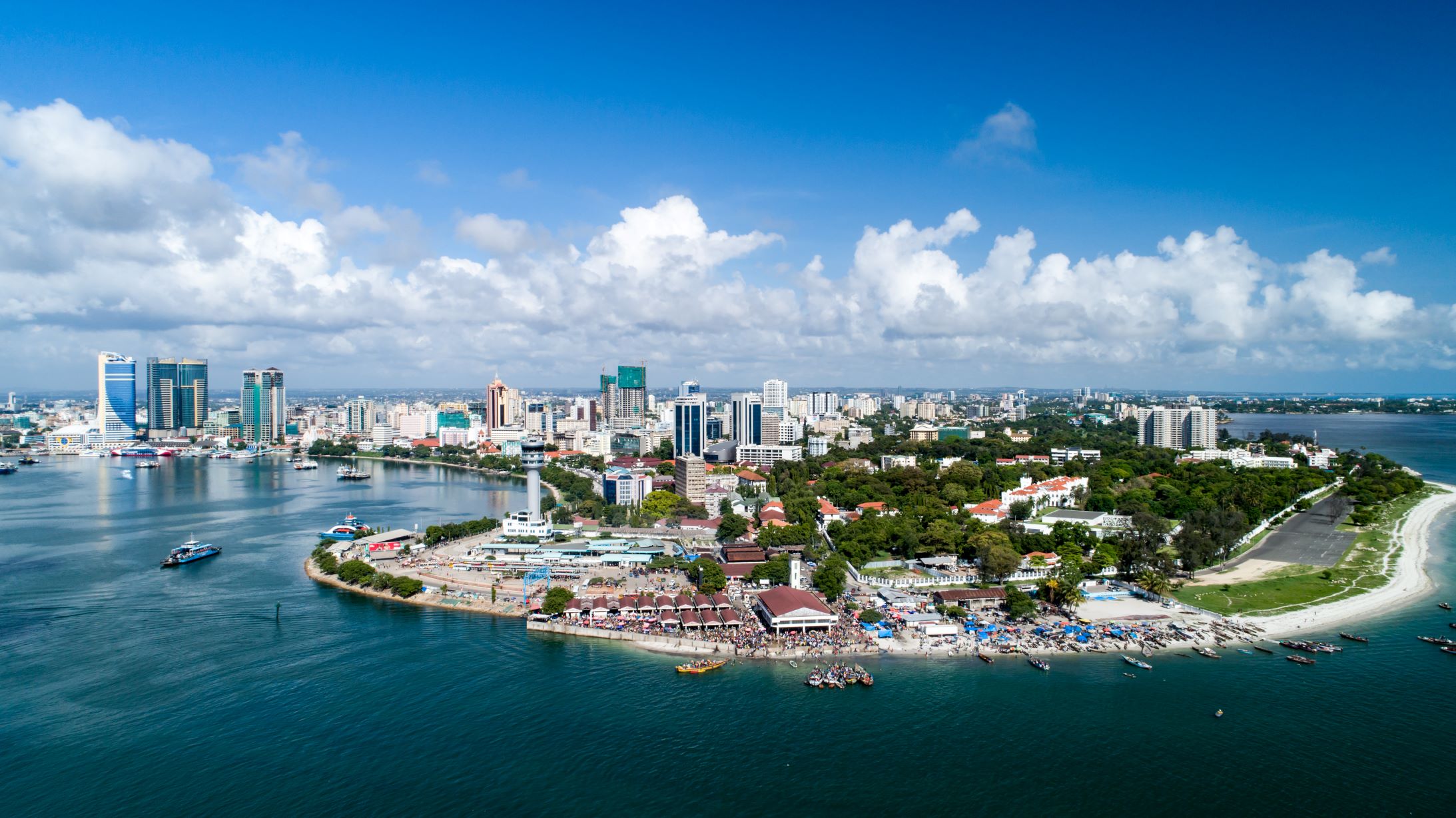In the face of climate change, a green revolution is sweeping the globe and across the African continent in the form of e-mobility. E-mobility, encompassing electric vehicles (EVs), e-bikes, and electric public transportation, is transforming the way Africans move, emerging as a powerful tool for both sustainable development and environmental preservation.
Various countries such as Rwanda, Egypt, Kenya, South Africa, Uganda, Ghana and Nigeria are making significant strides in the EV landscape. They have witnessed a surge in EV start-ups, especially those targeting the public transport sector. According to the Centre for Science and Environment, these countries have either started developing policies and regulatory instruments, implementing pilot programmes, or manufacturing and setting up charging infrastructure.
“Africa’s uptake in e-mobility solutions has been remarkable over the years. It will be instrumental in helping African countries realise their nationally determined commitments (NDCs) to the United Nations Framework Convention on Climate Change (UNFCCC). However, policies and regulations are important and a key determinant in encouraging innovation and development of the sector and making the continent a global leader in e-mobility” –Safia Fassi-Fihri, Partner, ADNA (ALN firm in Algeria, Côte d’Ivoire, Guinea and Morocco)
Africa’s E-Mobility Advantage
According to Mordor Intelligence, the potential for growth in Africa’s electric vehicle market is high and could reach USD 21.39 billion by 2027 from USD 11.94 billion in 2021. Despite various economic and infrastructural challenges, the continent has a unique advantage in embracing e-mobility. Africa possesses 20 percent of the world’s metal reserves critical for the energy transition including 19 percent of those needed for electric vehicles. For instance, the Democratic Republic of Congo ranks among the world’s leading producers of cobalt, a critical component in lithium-ion batteries.
Moreover, the high prevalence of renewable energy sources, such as solar and wind, provides Africa with an ideal opportunity to develop a clean and green e-mobility ecosystem. By harnessing these resources, African countries can produce electricity for EVs while significantly reducing carbon emissions and dependency on fossil fuels.
Africa Development Bank’s Support for E-Mobility
The Africa Development Bank (AfDB) has been actively supporting initiatives aimed at promoting electric transportation across Africa. The AfDB has been investing in infrastructure development, research, and capacity-building programs to create an enabling environment for e-mobility adoption. Their efforts include funding electric charging station networks, supporting EV manufacturing ventures, and implementing policy reforms to incentivise e-mobility.
According to the Exchange, AfDB has established, among others, the Sustainable Energy Fund for Africa grant, which provides technical assistance and investment capital to accelerate and expand private sector investments in sustainable transport solutions in several countries such as Kenya, Morocco, Nigeria, Senegal, South Africa, Rwanda and Sierra Leone. The grant further promotes the adoption of EVs, the design of EV business models and guidelines for the public and private sectors, the development of a bankable pipeline of e-mobility projects, knowledge sharing and regional coordination.
E-mobility Policies, Regulations and Targets
Several countries are proactively setting policy and aspirational targets for the electrification of their transport systems as part of the NDCs to the UNFCCC. According to the Centre for Science and Environment, Cape Verde has set 100 percent electrification targets for new sales of passenger cars by 2035 and urban buses by 2040. Interim electrification milestones are being set for various fleet segments, including passenger cars, urban buses, government vehicles, and countrywide charging infrastructure.
Morocco has set a target of producing 1 million EVs by 2025, while Kenya to have 5 percent of all newly registered vehicles to be electric by 2025. In order to actualise these targets the East African country recently established an e-mobility taskforce led by ALN Kenya’s Managing Partner Daniel Ngumy. The key objective of the taskforce will be the development of a national e-mobility policy to promote growth and development of e-mobility in Kenya .
Tanzania is developing a national electric vehicle policy to support the EV market development, and Rwanda is integrating e-mobility into its greenhouse reduction targets in line with its NDCs, with plans to mobilise USD 900 million for electric vehicles and charging infrastructure.
“Decarbonising the transport system for many African countries requires progressive policies and regulations that could influence other aspects of e-mobility such as manufacturing of EVs, development of localised battery production facilities, the exponential growth of the automotive industry in countries such as Morocco and overall economic growth across the continent.” – Julien Kavaruganda, Senior Partner, K-Solutions & Partners, ALN firm in Rwanda)
E-Mobility’s Role in Decarbonisation and Climate Change Mitigation
E-mobility plays a pivotal role in Africa’s quest for sustainable development and mitigating the impact of climate change. One of the ways is by reducing emissions, where electric vehicles produce zero tailpipe emissions, significantly reducing air pollution in congested African cities. Cleaner air translates to improved public health and a higher quality of life for citizens. Electric vehicles also offer energy efficiency, making them an attractive option for African countries striving to optimise energy use. These vehicles can be seamlessly integrated with Africa’s renewable energy infrastructure, allowing for a sustainable and carbon-neutral transportation sector, therefore promoting renewable energy integration across the continent.
“E-mobility offers a potent solution by reducing greenhouse gas emissions from the transportation sector. Electric vehicles produce zero emissions, making them an environmentally friendly alternative to internal combustion engine vehicles. Furthermore, when powered by renewable energy sources like solar, EVs become an integral part of the decarbonisation strategy for the continent as well as leverage on AfCFTA preferences to establish regional value chains to reduce investment barriers and cross–border trade expenses” – Daniel Ngumy, Managing Partner, Anjarwalla & Khanna (ALN firm in Kenya)
Conclusion and Way Forward
E-mobility represents a promising avenue for Africa to simultaneously address climate change, reduce pollution, and foster economic development. With the Africa Development Bank’s support and the continent’s unique advantages, the future of e-mobility in Africa shines brightly. As more countries embrace electric vehicles and sustainable transportation solutions, Africa is on its way to achieving a green transportation revolution. By decarbonising its transport systems, the continent continues to position itself as a leader in promoting the green transition.
Sources


